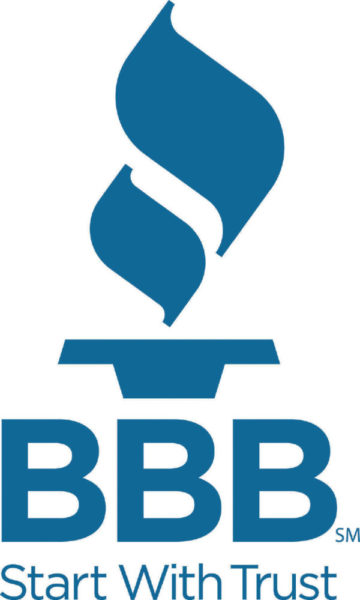
Crimes against the elderly continue to skyrocket each year, as criminals continue to find more ways to carry out both new and old scams. In fact, seniors lose billions of dollars a year to various cons targeting them. So in order to help you protect yourself, BBB wants you to know about three (3) of the most common types of scams targeting seniors today and how to avoid them.
Medicare/Health Insurance Fraud
PROBLEM:
Scammers have targeted seniors for numerous ripoffs surrounding the Affordable Care Act and Medicare enrollment. Since every U.S. citizen over the age of 65 qualifies for Medicare benefits, seniors are an easy target for medical scams, because criminals don’t have to do any research around their insurance provider.
Many of these scams operate via door-to-door or over-the-phone solicitations by someone claiming to be a Medicare representative. Here are some ways to spot a medical scam targeting a senior:
•Being told you need a new Medicare card and have to divulge your Social Security number.
•Being told you need new supplemental policies.
•Being asked to pay a $100 fee for help navigating the new insurance landscape.
SOLUTION:
When in doubt, just hang up the phone or shut the door on the person trying to get money from you.
Counterfeit Prescriptions Drugs
PROBLEM:
Many older people may be looking for cheaper drug alternatives as a way to save money on a fixed income. The problem is that scammers prey on this vulnerability of wanting to save. The Internet is the most common way criminals operate these scams — offering ‘better prices’ on specialized medication, which can not only be fake, but also end up being harmful to the person if they take an unknown substance.
SOLUTION:
In order to sell prescription drugs in South Carolina, whether online or a physical location, pharmacies must be licensed by the South Carolina Board of Pharmacy. If you are in doubt regarding an online prescription purchase, contact them at (803) 896-4700.
Internet Fraud
PROBLEM:
Microsoft has put out special consumer alerts to warn about bogus computer security engineers making cold calls to convince people their computers are at risk for a security threat.
The phonies offer a free security check over the phone in an effort to get you to give them remote access to your computer for a supposed diagnosis and fix. Once they have remote access, they will download software to your computer that basically allows them to steal money from your accounts.
A Microsoft survey conducted in the English-speaking world (this is not just limited to the United States) found that 15% of people have gotten a call from these scammers at one time or another. Eight in 10 of those who allowed remote access of their computers had money stolen. One in five became identity theft victims. Finally, more than half of all people who allowed remote access got hit with viruses that fouled up their computers. Very often, the cost of repair was greater than the money stolen.
SOLUTION:
Microsoft offers a few recommendations to stay out of harm’s way. First, be suspicious of unsolicited calls from supposed computer security experts. Second, don’t visit any sites or install software recommended by unsolicited callers.
Bonus Tip
Seniors often fall victim to a variety of Internet scams, including fake virus protection pop-ups and fake emails. Do not click on any link in any email you were not expecting. If there’s a question and you think there’s a legitimate message or notification intended for you, go directly to the official website of whatever business it is and check for any notifications there. Also, you can protect your computer by downloading virus and malware protection software on it yourself.
About BBB:
BBB is a nonprofit, business-supported organization that sets and upholds high standards for fair and honest business behavior. Most BBB services to consumers are free of charge. BBB provides objective advice, free BBB Business Profiles on more than 5.3 million companies, 11,000 charity reviews, dispute resolution services, alerts and educational information on topics affecting marketplace trust. Visit bbb.org for more information or call (843)766-9616.



